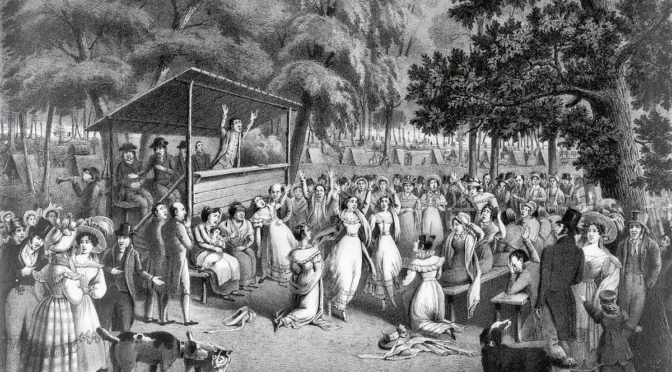God’s truth is eternal and unchanging. It calls us to more than knowledge—it calls us to transformation. In this article, we’ll explore how living in God’s truth and engaging with God’s Word leads to purity, sanctification, and a life aligned with His moral standards.
What is God’s Truth?
The truth of God is perfect and steadfast. As Paul reminds us, “Whatever is true, whatever is honorable, whatever is right, whatever is pure… think about these things” (Philippians 4:8 NASB). Yet, while God’s truth is pure, our understanding of it is often shaped by our human limitations.
Just as clay bears the imprint of the potter’s hand, so does truth bear the imprint of the mind that receives it. Our response to God’s Word determines how deeply His truth transforms us and helps us in living aligned with God’s Truth.
Truth Requires an Active Mind
Truth does not passively shape us; it demands an active pursuit. As Paul writes, “Do not be conformed to this world, but be transformed by the renewing of your mind” (Romans 12:2 NASB). This renewal happens when we actively engage with Scripture, allowing the Holy Spirit to lead us into all truth (John 16:13 NASB).
Without this engagement, truth may remain untouched by the heart. God’s truth requires not just intellectual acknowledgment but spiritual submission. When we allow His Word to guide our thoughts and actions, it transforms us from within, reflecting living in God’s truth.
Purity Reflects the Truth You Hold
The moral standards of God’s people reflect how fully they have embraced His truth. If our lives fail to reflect purity, we demonstrate that His Word has not taken root in our hearts. Yet, Scripture assures us that God’s Word is eternal: “The grass withers, the flower fades, but the word of our God stands forever” (Isaiah 40:8 NASB).
Living in alignment with God’s truth requires daily sanctification. As Jesus prayed for His disciples, “Sanctify them in the truth; Your word is truth” (John 17:17 NASB). This sanctification is not a one-time event but a continual process as we press into God’s presence, thereby living in truth.
How to Live in God’s Truth
To live in purity and truth, you must actively seek God. Here are three steps to guide you:
- Pursue God Daily
Spend time in prayer and Scripture each day. As Jeremiah reminds us, “You will seek Me and find Me when you search for Me with all your heart” (Jeremiah 29:13 NASB). Prioritize time with God, allowing His Spirit to guide your understanding and allowing you to live in God’s truth.
- Renew Your Mind
Let go of worldly patterns and align your thoughts with God’s truth. Meditate on passages like Philippians 4:8, focusing on what is true, honorable, and pure.
- Reflect His Holiness
Your life should mirror God’s truth. When you embrace His Word, it changes how you think, speak, and act. Aim to be a reflection of His light in a dark world.
A Prayer for Purity and Truth
Father, I come before You, seeking Your truth. Renew my mind, purify my heart, and align my life with Your perfect will. Sanctify me through Your Word, and let me walk in the light of Your holiness. Help me in living in Your truth. In the name of Yeshua, Amen.
Final Thoughts on Truth and Purity
God’s truth is not only to be understood but to be lived. As you press into His Word, allow it to shape every aspect of your life. Seek Him daily, renew your mind, and reflect His holiness to the world around you. This is what living in God’s truth entails.










